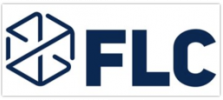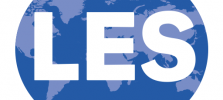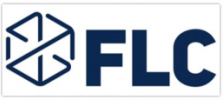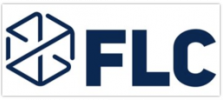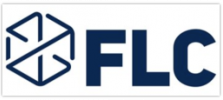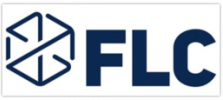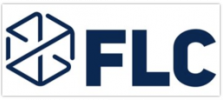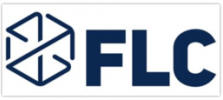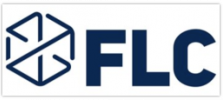Treatment of Niemann-Pick Disease Type-C with 2-hydroxypropyl-β-cyclodextrin
Currently, there are no FDA-approved therapies for Niemann-Pick disease type-C1 (NPC). NPC is a rare lethal genetic lysosomal storage disorder that results in an accumulation of cholesterol in the liver and spleen and eventually leads to neurodegeneration. 2-hydroxypropyl-β-cyclodextrin (HPβCD) is a cyclodextrin typically used by the pharmaceutical industry as an excipient. Studies of NPC in animal models have shown that HPβCD can reduce the biochemical burden associated with NPC, improving neurological pathology, decreasing neurological dysfunction, and increasing lifespan.

